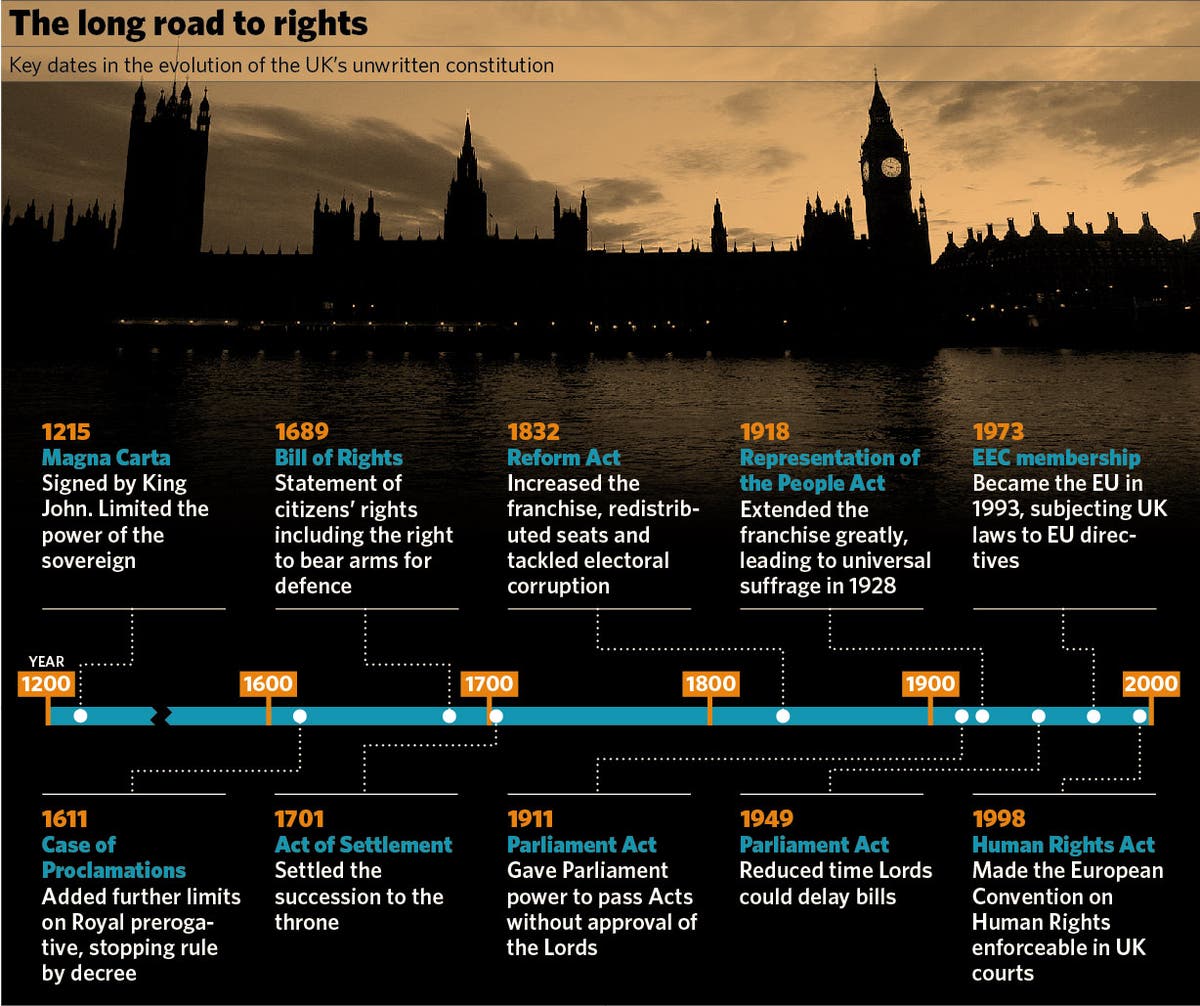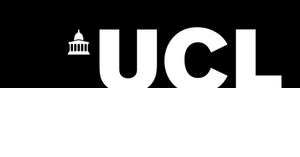No, they don't.
Amazing how you can say that, when I posted a quote and link from the UK Parliament saying that they do have one.
Why don't you go back and take a look.
The United Kingdom constitution is composed of the laws and rules that create the institutions of the state, regulate the relationships between those institutions, or regulate the relationship between the state and the individual. These laws and rules are not codified in a single, written document.
https://www.parliament.uk/globalass...constitutional-reform/The-UK-Constitution.pdf


